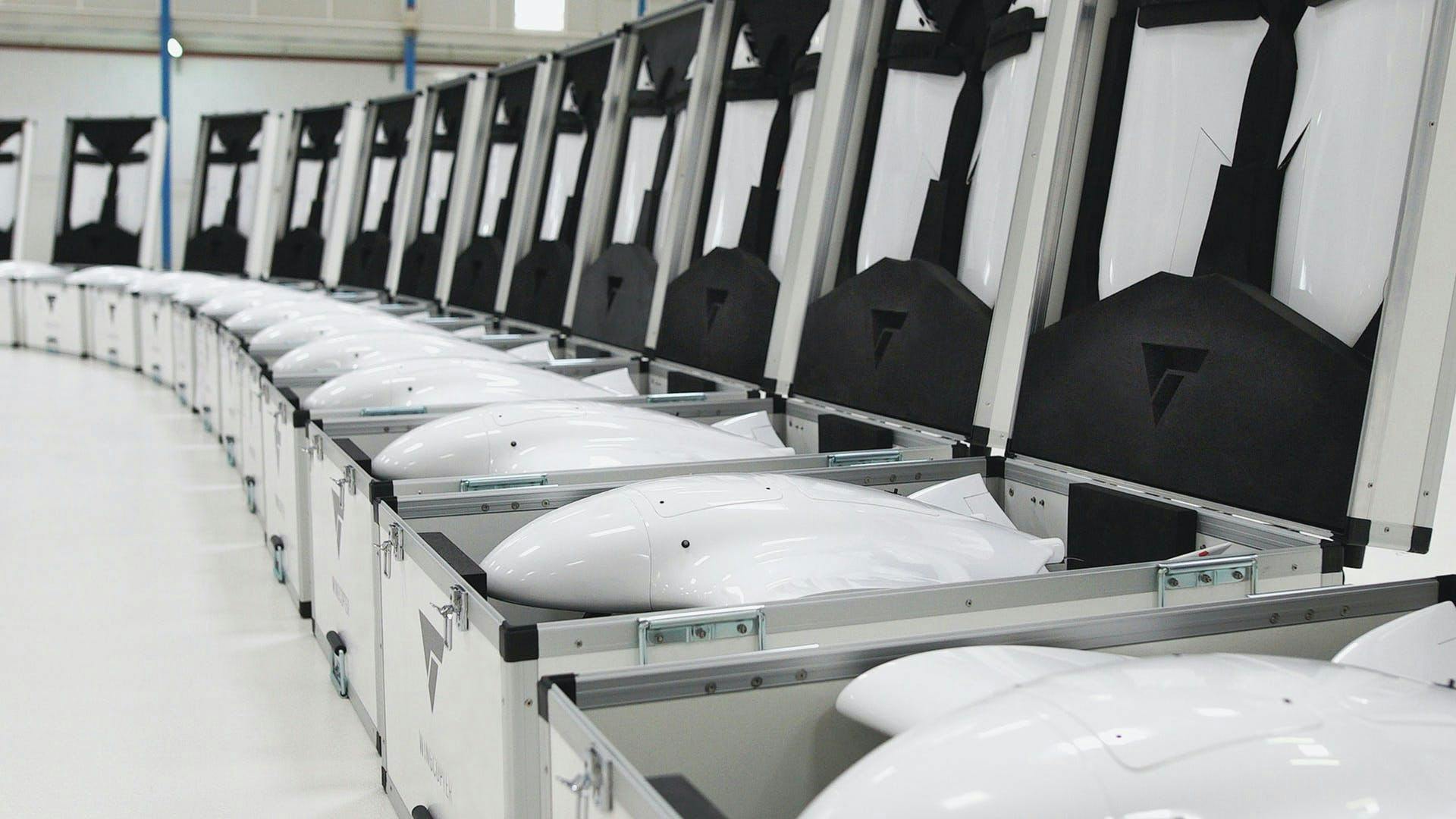Discover six of Germany's most impactful startups
ermany is home to several leading startup ecosystems, including the world-renowned Berlin scene. It’s also a pioneer in impact-focused entrepreneurship, with a rich community of founders tackling the world’s biggest social and environmental challenges. Informed by Startup Guide Germany, here’s a selection of some of the nation’s startups that are tackling equality, health, food supply and more for the greater good.

jobs4refugees
The jobs4refugees concept was born in 2015, when founder and CEO Robert Barr was interning at an IT startup in Munich. Tasked with configuring the company’s response to the refugee crisis, he quickly realized entry into the labor market was one of the most pressing issues for refugees in Germany. Visiting camps around Bavaria, he created a database matching refugees to companies interested in hiring them, which he named jobs4refugees.
In 2016, the organization moved to Berlin, and in 2017, a second office was opened in Frankfurt as a result of a collaboration with Accenture. As an NGO, jobs4refugees receives European funding and tax-free donations from corporate foundations. From 2020, fees for large-scale hires and in-company coaching services like racism- and diversity-awareness are channeled through its for-profit sister enterprise.
COO Franziska Hirschelmann believes that jobs4refugees owes its success to having built up a good reputation among companies, its skill in anticipating and adapting to changing circumstances and its ability to cater to individual refugees’ needs, like providing all-female staff members when necessary.
She says that the organization’s work will become even more essential in the coming years, as Germany’s workforce ages while refugees look for jobs. “We can only train so many people at a time,” she says, “so we want companies to get in touch now and say ‘What can you do for us so we don't have a massive problem ten years from now?’”
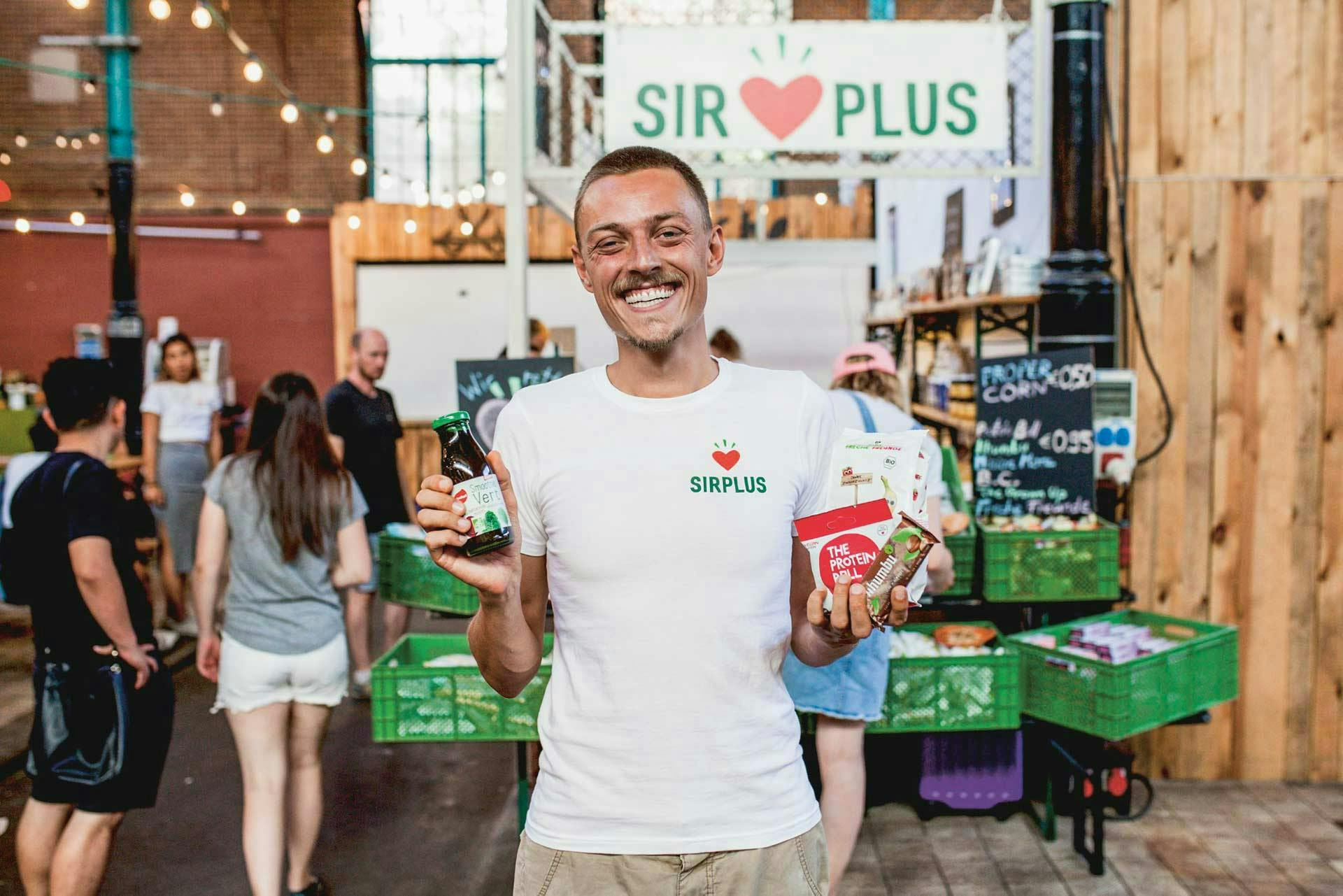
In 2010, Raphael Fellmer traveled from the Netherlands to Mexico by hitching a ride on a sailboat crossing the Atlantic. In Mexico, he fed himself for fifteen months by dumpster diving for food waste, with permission from restaurants and markets. Back in Germany, he approached supermarkets and organic food stores with a solution to the growing problem of overproduction – foodsharing, a nonprofit platform that facilitates food sharing and saving and that today has over eighty thousand participants.
However, Raphael’s goal was to make food saving mainstream. “We need startups that tackle the most challenging topics of our century. It is time to be brave, stand up and fail,” he says.
In 2017, Raphael founded SIRPLUS with his friend Martin Schott. Recognizing that there are sometimes incredibly large quantities of food likely to go to waste that no food sharer would have access to or that no individual could manage, the company purchases waste food from wholesalers and retailers and then sells it through an online platform and physical stores at low prices.
The business is supported by an impact-focused business angel, and in 2019, ran a successful crowdfunding campaign that raised almost €100,000. In 2020, this was followed by a crowd-investing campaign that attracted over seven hundred investors and SIRPLUS began a Series A investment round the same year. The SIRPLUS online shop quadrupled revenue during the 2020 COVID-19 lockdowns, which helped keep the company financially viable throughout the crisis.
[You may also like: Rethinking Germany’s food supply chain: Meet Frischepost cofounder Eva Neugebauer]
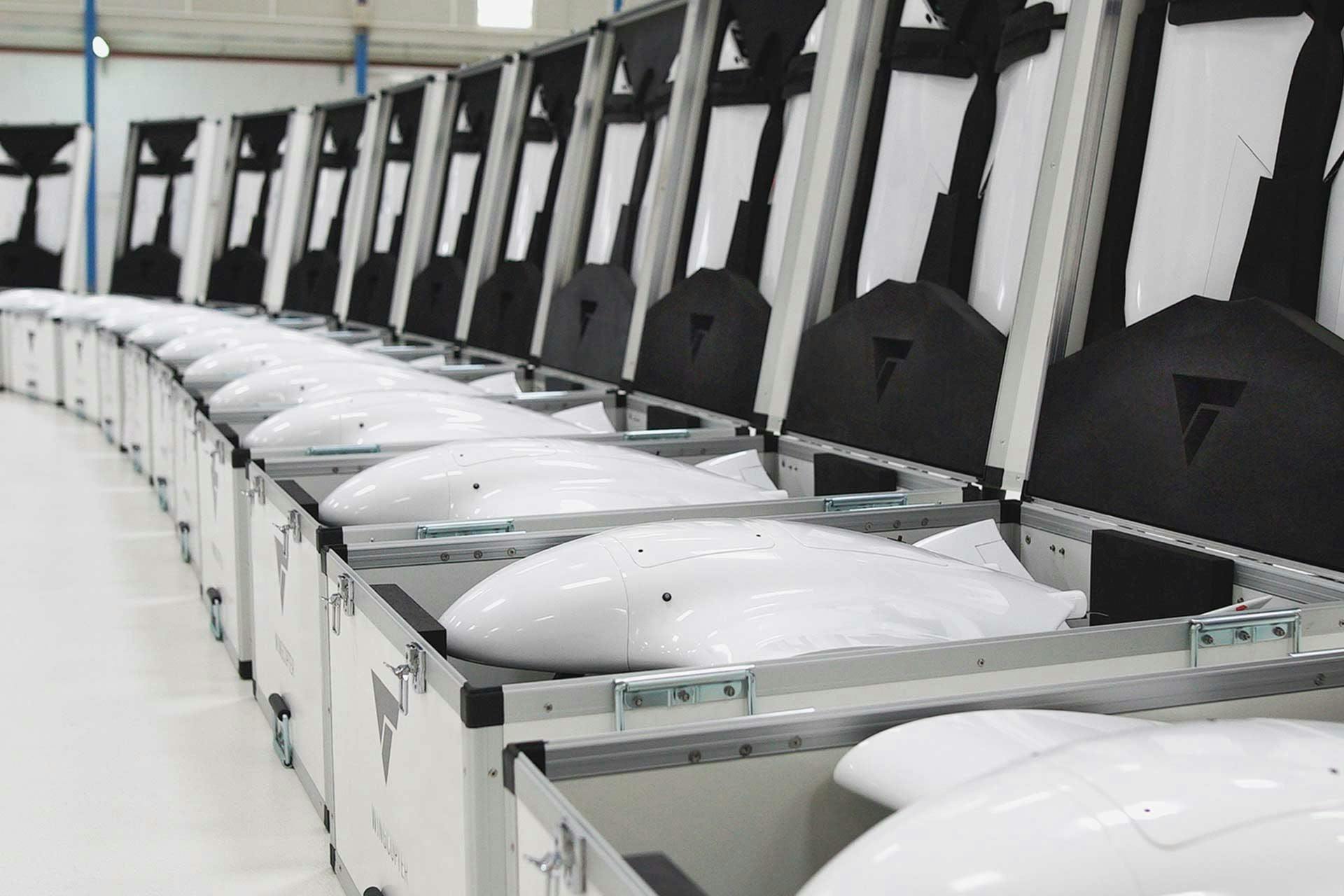
When Wingcopter cofounder and CEO Tom Plümmer was working in Ghana, he saw that many people couldn’t get the medical treatments they needed in time because of obstacles in the healthcare supply chain. In 2015, he met Jonathan Hesselbarth, who had created a vertical takeoff and landing drone as a side project while he was studying mechanical and process engineering. The two decided to apply this technology to deliver medical goods to remote areas and created Wingcopter. Jonathan’s student project became the company’s first drone.
In 2017, they were joined by cofounder and chief services officer Ansgar Kadura. What makes the company’s aircrafts unique is the tilt rotor mechanism, which allows them to take off vertically without infrastructure and to fly long distances at high speed, carrying up to six kilograms.
The first aircraft was showcased in Dubai in 2017 and led to a number of pilot projects, including one with DHL. “As they were able to sell drones from the very beginning to research institutes and corporations, they had revenue from the start,” says Thomas Dreiling, Wingcopter’s PR and communications manager.
Wingcopter mainly chooses projects that have a positive social impact, including delivering medical goods, food and parcels to remote areas around the world. It has also run delivery projects for large corporations in Germany, including Merck. Wingcopter was bootstrapped until late 2019, when it received seed investment from Corecam Capital Partners to develop its product. In 2020, it received further investment from Corecam Capital Partners to scale up hiring, and in January 2021 it secured $22 million in Series A funding.
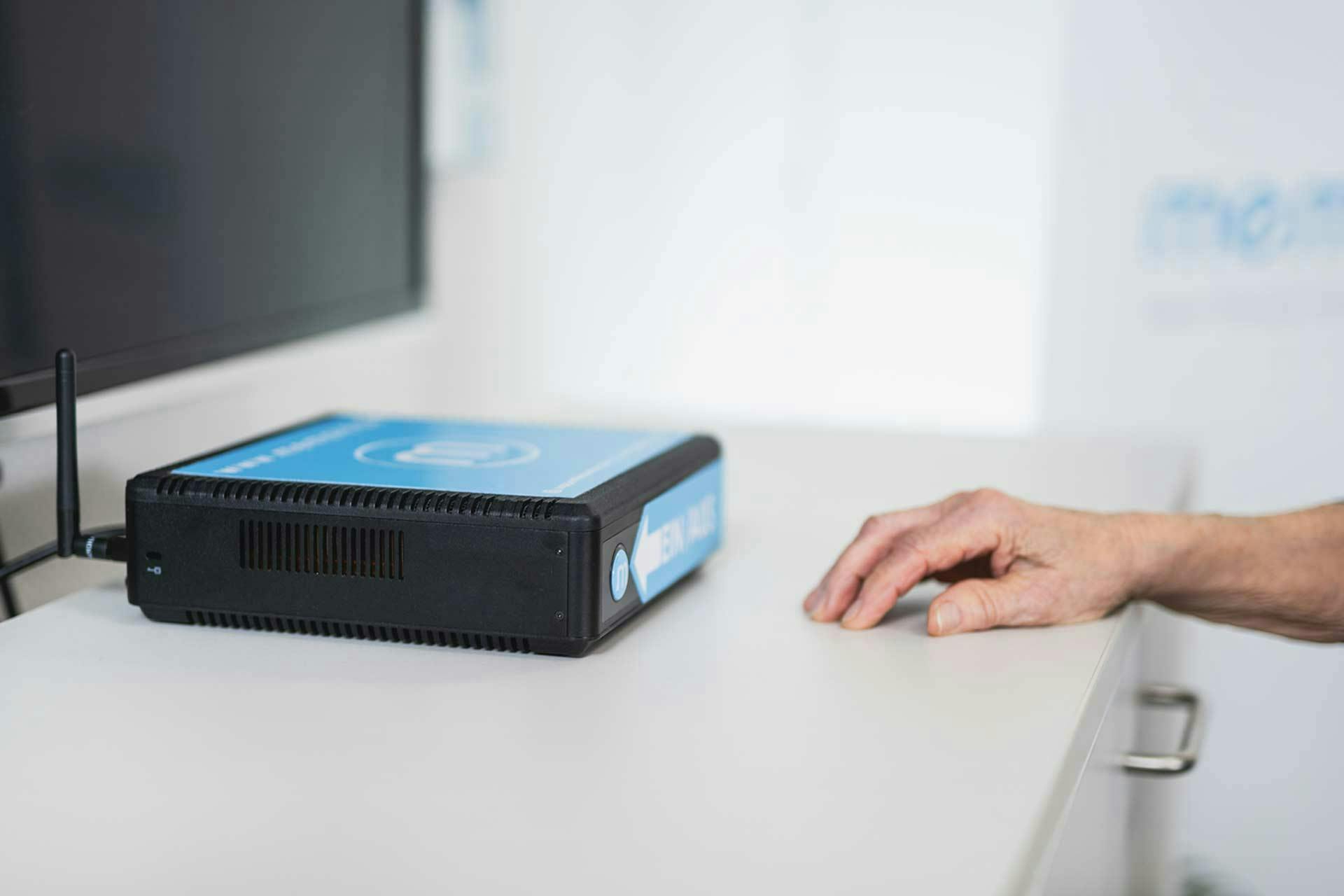
In 2014, Manouchehr Shamsrizi, cofounder of RetroBrain, participated in a university course on aging societies, in which he learned that dementia and Alzheimer’s diagnoses were increasing. He also knew of a friend’s mother who had recently been diagnosed with dementia. These two events, combined with his experience as a founding member of gamelab.berlin, a gaming hub at the Humboldt University of Berlin, were the catalysts for creating RetroBrain.
“Oliver Holmes, a nineteenth century dean of Harvard medical school, said that we do not quit playing because we grow old, we grow old because we quit playing,” Manouchehr says. The company launched memoreBox, an easy-to-use game console for seniors to increase their physical and mental fitness, in a research project in 2015.
“Once we think of people as being able to play, have fun and actively control a situation instead of passively letting the illness happen to them, the next question is how we can offer a solution in the most scalable way,” Manouchehr says. memoreBox is available in Austria, Germany and Switzerland, and the company has plans to expand to the Nordics and Benelux.
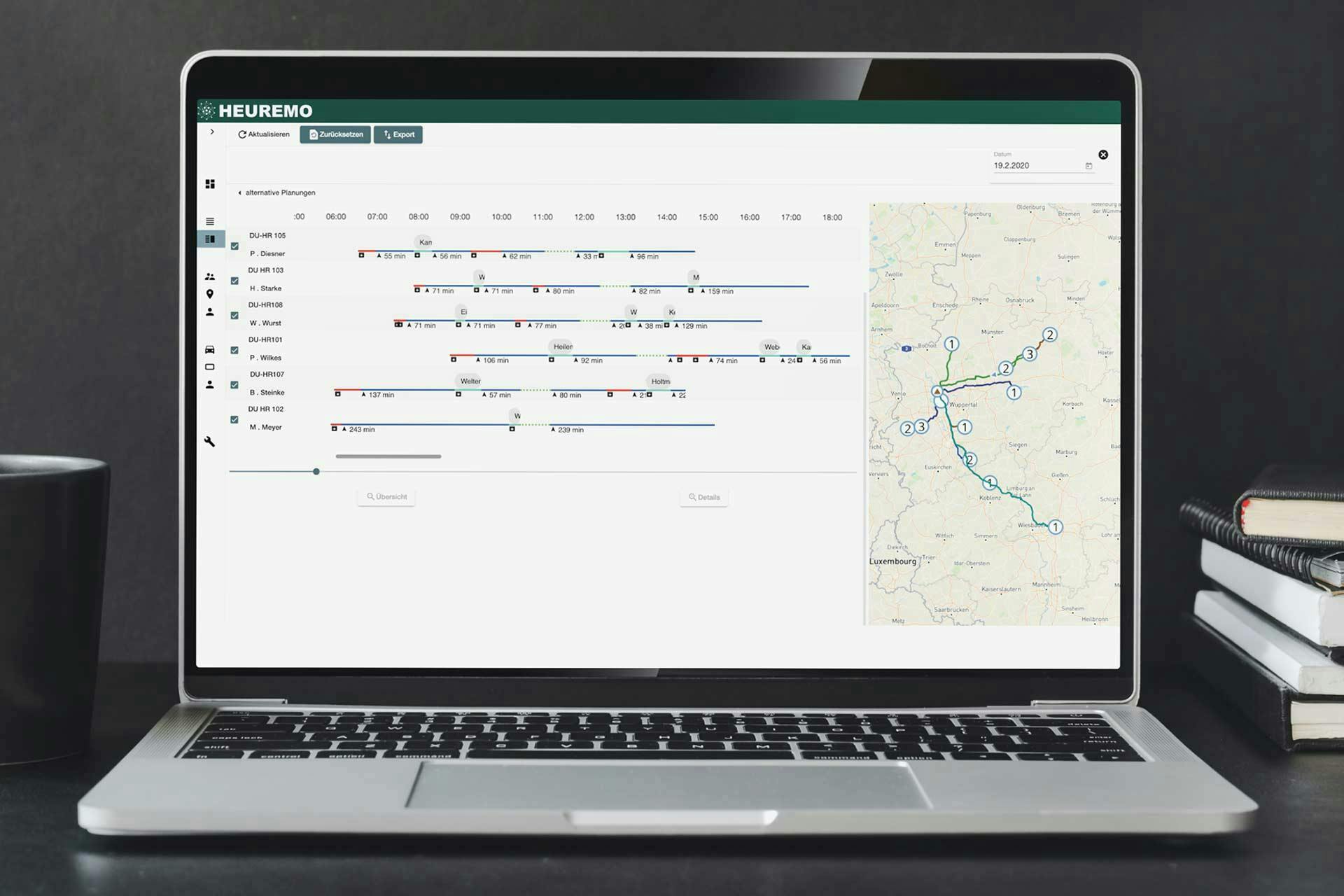
According to the German Environment Agency, transportation and mobility account for one third of Europe’s total energy consumption, making it the only sector to record rising CO2 emissions since 1990. HEUREMO is focused on digitalizing mobility management to dramatically cut these emissions.
“Our mission is to reduce carbon emissions from transport by eight million tons just in Germany, which produces three times as many emissions as German air traffic each year,” explains Sven Spiekermann, CEO and cofounder.
The company originally focused on the electrification of vehicles, but quickly uncovered a number of environmentally damaging legacy issues in managing transport fleets. It pivoted towards building two optimization tools that deliver fully automated dispatch planning for long-haul vehicles and ambulant nursing services.
HEUREMO’s first product, FreightPilot, helps reduce emissions for freight vehicles using a multi-objective optimization process that automates route planning. This cuts the amount of vehicles needed by 20 percent and the total mileage by 25 percent. HEUREMO worked directly with haulage providers to develop the product.
Off the back of FreightPilot, the company was approached by one of the largest home-care providers in Germany to adapt its solution for healthcare services and overhaul decades of slow, manual legacy issues. CarePlan will help care providers modernize the planning process for visiting patients at home, and HEUREMO hopes to scale the concept across Germany as well as launch a range of new features.

mentalis was founded in 2018 by a multidisciplinary team of psychologists, researchers, software engineers and designers with one clear mission: to provide seamless and effective care for patients after release from inpatient treatment.
Such patients face a shortage of aftercare, with more than 30 percent of patients rehospitalized within a year and often leading to chronic mental-health conditions. mentalis offers a series of apps that aim to bridge this gap, covering a broad range of mental disorders, from alcohol addiction to stress and depression.
With the Nuremberg region’s exceptional science ecosystem and its focus on digital health to draw on, mentalis has a strong foundation. Born out of joint research projects at Friedrich-Alexander-Universität Erlangen-Nürnberg, mentalis has an international team with expertise spanning tech, UX design, clinical psychology, psychotherapy, business and finance. All of its products have undergone extensive clinical trials and are backed by peer-reviewed studies into their efficacy and effectiveness. mentalis received certification as a medical device in Q1 2021, and the company’s tools hit the market in Q2 2021.
No content
Want to know more about Germany’s startup ecosystem? Startup Guide Germany includes many more impactful startups as well as founder stories and expert insights. Order your copy now!
Written by Katherine Williams, Rachel Velebny, Alexandra Connerty and Ciaran Daly.
Repackaged by Hazel Boydell.
